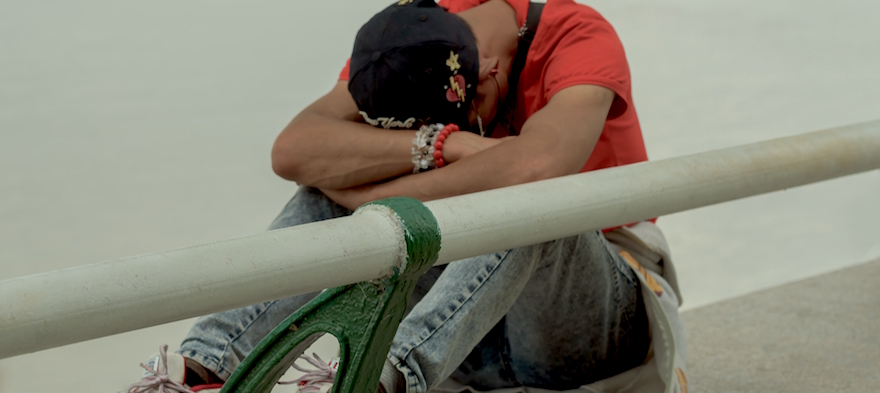
Apr 9, 2019 12:00:00 AM
Mike Friedberg has been a passionate youth advocate since 2007. He began working with students at a community center and has been a Chicago Public Schools teacher since 2012. He currently teaches seventh and eighth-grade science and has previously taught language arts. Mike has interests in working with English-language learners, culturally-relevant pedagogy, project-based learning, Holocaust education and social justice teaching, literacy across content areas, best practices in urban schools, and inquiry-based science, among other areas. He is an advocate for students, parents, schools and teachers, and believes in finding commonalities and engaging in discussion with those on multiple sides of issues in the best interests of students. He lives in Chicago with his wife and two children. His writings can be found at livesleepteach.blogspot.com.
The story you tell yourself about your own math ability tends to become true. This isn’t some Oprah aphorism about attracting what you want from the universe. Well, I guess it kind of is, but...
If you have a child with disabilities, you’re not alone: According to the latest data, over 7 million American schoolchildren — 14% of all students ages 3-21 — are classified as eligible for special...
The fight for educational equity has never been just about schools. The real North Star for this work is providing opportunities for each child to thrive into adulthood. This means that our advocacy...
Your donations support the voices who challenge decision makers to provide the learning opportunities all children need to thrive.
Ed Post is the flagship website platform of brightbeam, a 501(c3) network of education activists and influencers demanding a better education and a brighter future for every child.
© 2020–2024 brightbeam. All rights reserved.
Leave a Comment